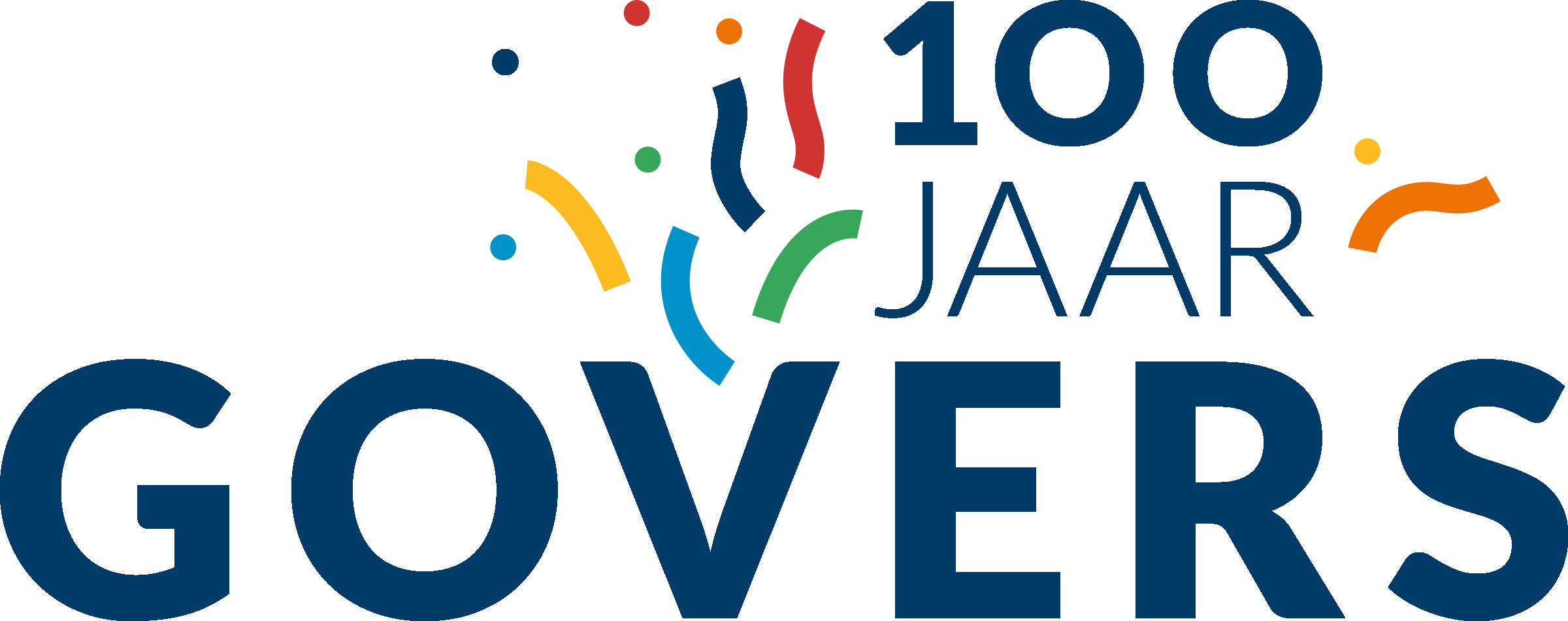International tax developments and legislation continue to evolve rapidly. In our news release of September 21, 2023, we discussed the introduction of the European Profit Tax Disclosure Directive for large multinationals. Meanwhile, this European directive has been implemented in Dutch national legislation and will enter into force on June 22, 2024. In short, it requires multinational corporations (MNEs) to disclose their so-called Country-by-Country (CbC) reports.
Country by Country Reporting
The CbC reporting requirement applies as of January 1, 2016 to Dutch companies that are part of a multinational group with consolidated group sales of at least EUR 750 million. This so-called "country report" includes, among other things, the following information per country:
- The (taxable) profits by country.
- Taxes due by country.
- External revenue and revenue from transactions with related parties.
- The number of employees by country.
- Local assets.
- The value of property, plant and equipment.
Until now, this standardized documentation only had to be provided to the tax authorities, which was exchanged between them. However, the Implementation Act on the Disclosure of Profits Tax Directive stipulates that from now on this reporting should also be made public.
When applicable
The reporting requirement applies to four categories of companies with consolidated group sales of at least EUR 750 million in the current and previous year:
- Ultimate parent company at the top of the multinational group.
- Independent companies that are not part of a group.
- Medium and large subsidiaries whose ultimate parent company is not located in the EU.
- Permanent establishments/branches (branches) with a turnover of EUR 12 million that are part of a group with an ultimate parent company not located in the EU.
Connection with current regulations
This is largely in line with current regulations, with the exception of the aforementioned category under 4: permanent establishment / branch with a turnover of less than EUR 12 million. In addition, unlike the current regulations, there must be consolidated group turnover of EUR 750 in two consecutive years. Under the current regulations, the reporting obligation applies for each year that this threshold is exceeded.
Exemption
For this new requirement, in addition to branches with turnover less than EUR 12 million, the following categories are exempt:
- Ultimate parent company or a stand-alone company that is a bank or investment firm and makes use of Article 3 of the Decree implementing disclosure requirements for capital requirements directives and prudential supervision of investment firms.
- Ultimate parent companies and independent companies, provided that they, together with all their affiliated companies and branches, are located exclusively in the Netherlands.
These exceptions do not apply in the current reporting requirement regulations.
Report content
For what information should be published please refer to our earlier news release. The information should be broken down as follows:
- By EU Member State of the EU.
- By country that is on one of the two EU lists of jurisdictions that are non-cooperative or cooperative in tax matters (the so-called black and gray EU tax lists).
- Total of other jurisdictions not included in the first two categories.
Dutch Implementation Decree
The Dutch Implementation Decree Disclosure of Profit Tax Directive was published on March 1, 2024 and will take effect as of June 22, 2024. This Dutch Decree is largely in line with the text of the European Directive. Important parts have been included in the Dutch Decree:
- Publication of the report should take place not only on the group's website, but also in the Dutch trade register (Chamber of Commerce).
- Companies are not required to disclose certain information if disclosure would be particularly detrimental to the competitive position of the entity. However, all omissions must be clearly stated and justified.
The publication of the report with the Dutch Chamber of Commerce should take place within 12 months after the end of the fiscal year. The publication on the company's website should remain on the company's website for at least 5 years (even if the regulations may no longer apply).
Penalties
Enforcement of this reporting requirement is similar to that for financial statements. Failure to comply with this obligation is an economic crime and can result in civil penalties.
Timeline
The first public reporting in the Netherlands applies to fiscal years beginning on or after June 22, 2024. Companies with a fiscal year equal to the calendar year will thus have to report for the first time on the financial year 2025. The reporting must be made public within 12 months after the end of the financial year at the latest. For the vast majority of taxpayers, the first reporting will have to take place no later than December 31, 2026. Publication must take place on the organization's website as well as through the trade register of the Chamber of Commerce.
Action
Since the implementation in Dutch law results from a European Directive, other European countries that have to implement this Directive should also be taken into account. When implemented by states, the Directive can also be implemented more strictly, but also be declared applicable earlier.
It is advisable to analyze the implementation in all states in which an MNE operates to identify the scope, exemptions and applicable fiscal years of this new European directive.
Although the publication of CbC reporting for many MNEs with a fiscal year equivalent to a calendar year will not have to take place until the end of 2026 at the latest, it is advisable to start thinking now about the possible consequences of this public disclosure of financial information for your organization in light of the organization's stakeholders and competition.
Finally
As a result of this post, do you have any questions about the implications of this ruling for you as a minority shareholder? Please feel free to contact us via your relationship manager, via our contact form on the website or on our general telephone number 040 - 2 504 504.

